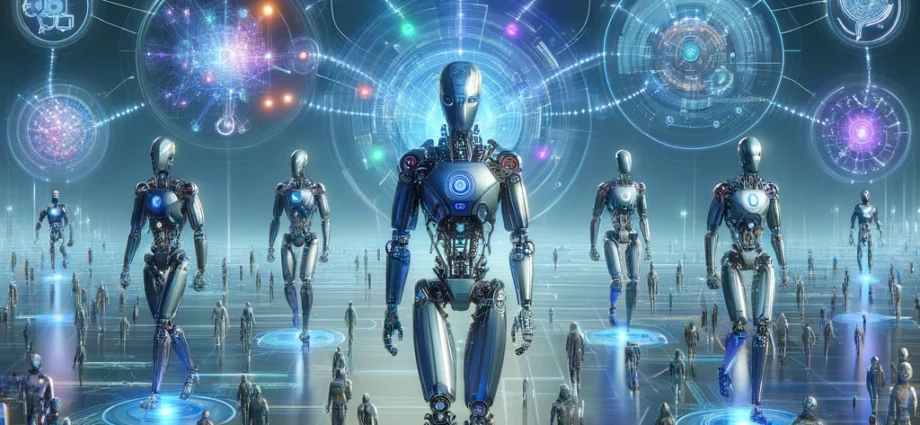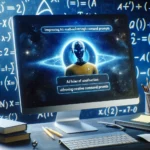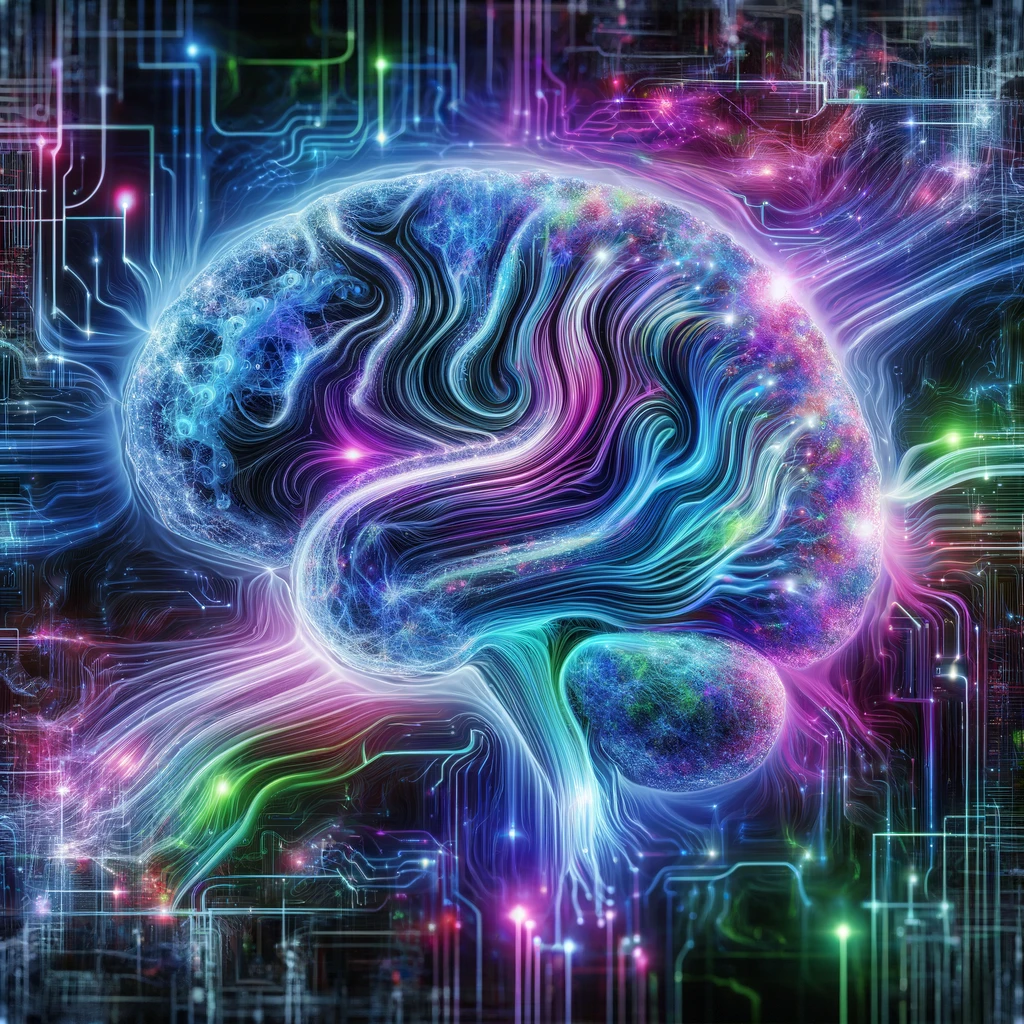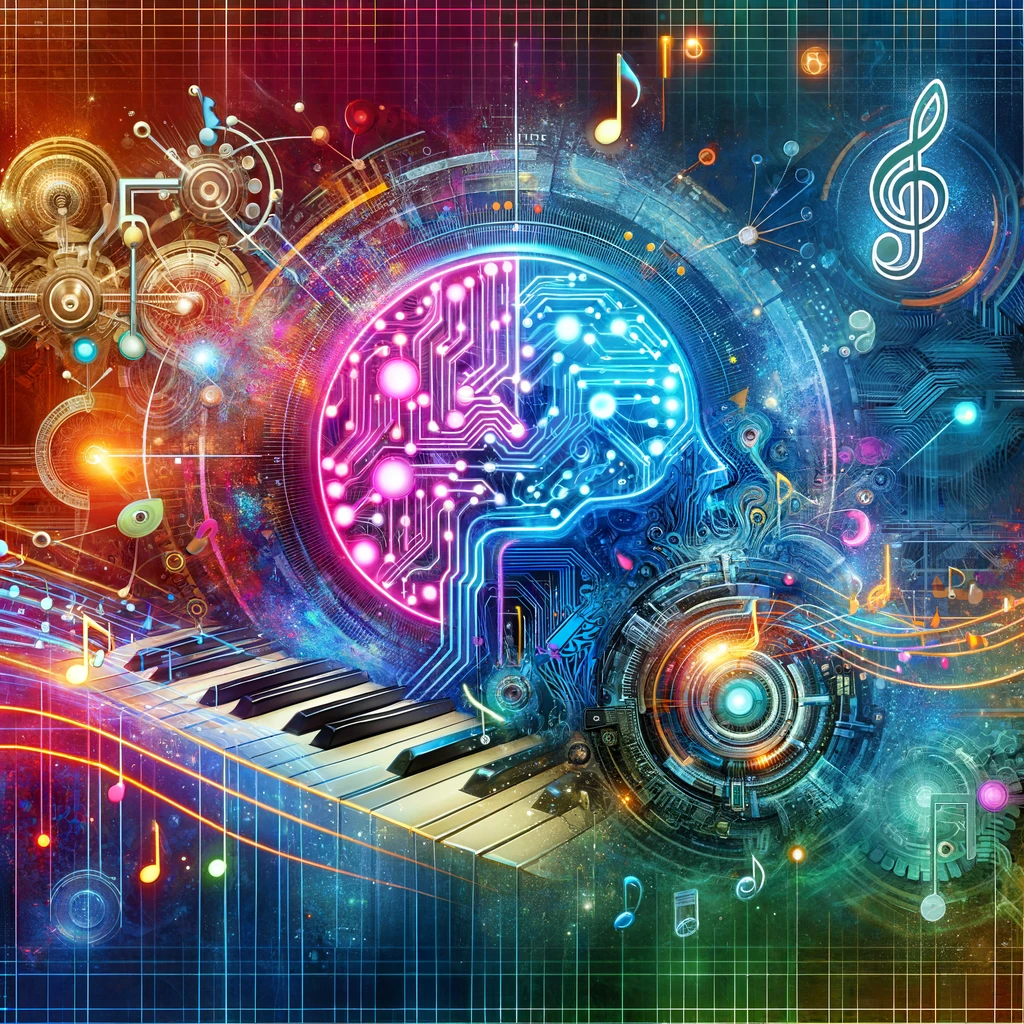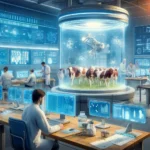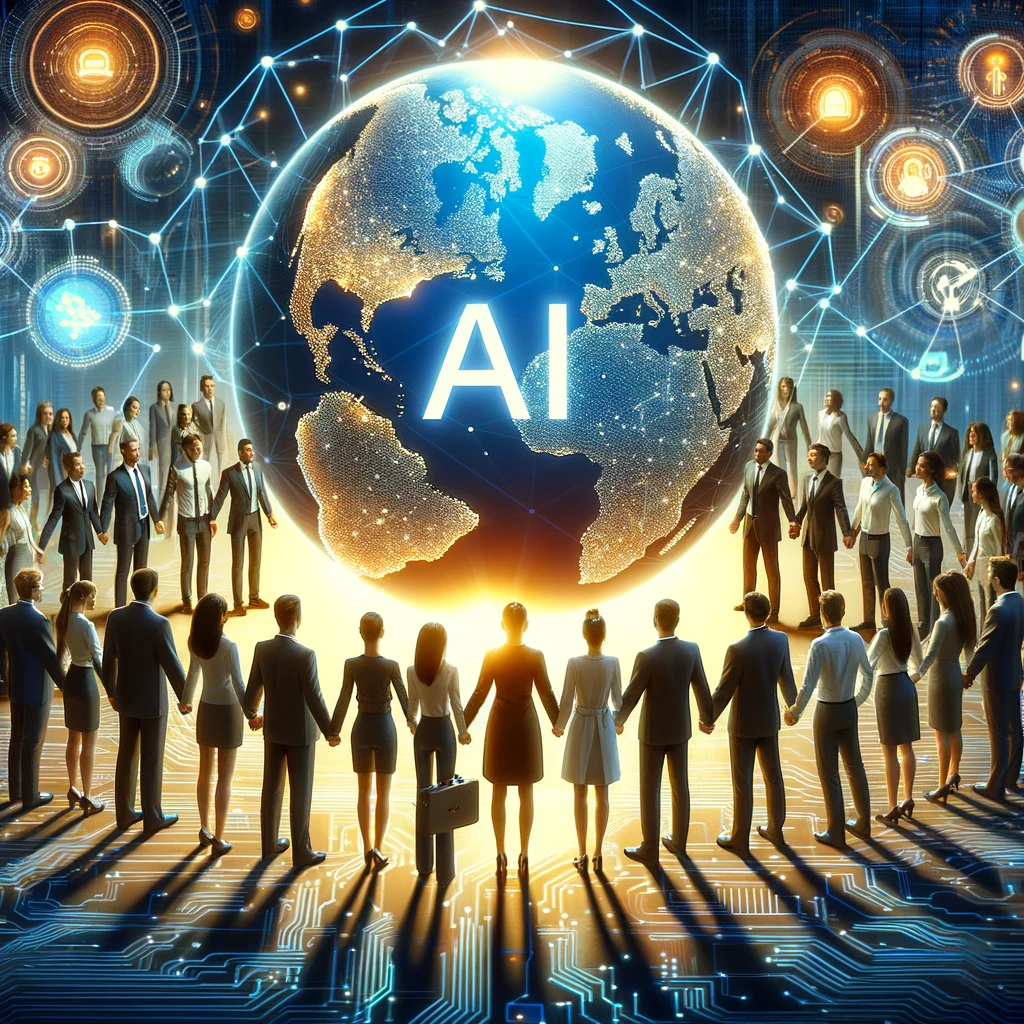A future where artificial intelligence (AI) units work in harmony, sharing knowledge and skills much like a collective mind, is closer than we think. This vision, presented by leading computer scientists in a perspective paper, draws inspiration from science fiction yet aims for real-world positive impacts.
Main Points:
- The Emergence of Collective AI: Researchers predict the development of a networked AI, capable of lifelong learning and instant knowledge sharing, much like The Borg from Star Trek.
- Positive Breakthroughs Across Fields: This form of AI could revolutionize areas such as cybersecurity, disaster response, and personalized medicine by enabling a swift collective response to new situations and challenges.
- Safety and Democracy Among AI Units: Despite potential risks, maintaining independence and objectives for each AI unit within the collective could ensure a democratic approach, reducing domination risks by large systems.
Summary:
Leading computer scientists envision the future of artificial intelligence to closely resemble science fiction concepts like The Borg—entities capable of collective thinking and learning. In their perspective paper in Nature Machine Intelligence, experts from prestigious institutions like Loughborough University, MIT, and Yale highlight the concept of “Collective AI.” This innovative approach enables AI units to continuously learn, adapt, and share knowledge through a network, offering rapid responses to new challenges. Unlike current AI models, which have limited abilities to learn and share knowledge post-deployment, Collective AI could lead to significant advancements in various fields, including cybersecurity, disaster response, and healthcare, by leveraging instant knowledge sharing and collective intelligence.
The researchers advocate for the development of AI units that, while part of a collective, maintain their independence and objectives, ensuring a balanced and democratic system. This approach aims to mitigate the risks associated with collective intelligence, such as the rapid spread of unethical knowledge. By focusing on lifelong learning and the creation of universal protocols for knowledge sharing, the future of AI could shift from the current large, isolated models to a more sustainable and collaborative framework. The transition towards Collective AI is seen as a natural evolution, mirroring how human knowledge has expanded through communication and collaboration over millennia. The paper not only forecasts a transformative shift in AI development but also underscores Loughborough University’s leadership in this groundbreaking research area, setting the stage for the next wave of AI advancements characterized by multiple, interacting agents.
Source: Top computer scientists say the future of artificial intelligence is similar to that of Star Trek
Keep up to date on the latest AI news and tools by subscribing to our weekly newsletter, or following up on Twitter and Facebook.
